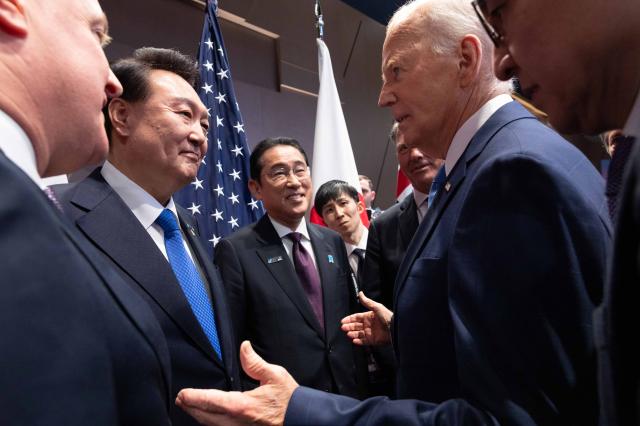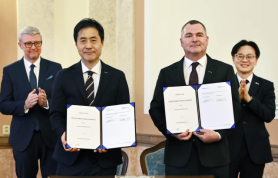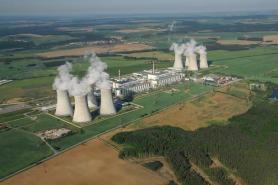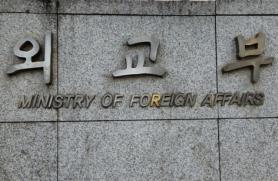
After the talks, the two leaders signed a set of guidelines for nuclear deterrence and nuclear operations that stipulate that the U.S. will provide a "nuclear umbrella" over the Korean Peninsula, ensuring the use of American nuclear arms in the event of a contingency including a North Korean nuclear attack.
The U.S.' commitment to extended deterrence for Seoul comes about a year after the two allies launched the joint Nuclear Consultative Group (NCG) following their summit at the U.S. presidential retreat Camp David in April 2023.
In a joint statement, Yoon and Biden said that any North Korean nuclear attack against South Korea "will be met with a swift, overwhelming, and decisive response." Biden stressed that South Korea "is backed by the full range of U.S. capabilities" including nuclear weapons.
South Korea's First Deputy Director of the National Security Office, Kim Tae-hyo, explained during a press briefing that South Korea now has "more say" in the sharing and planning of the use of U.S. nuclear assets on the Korean Peninsula as well as in nuclear consultation processes and information sharing.
"This is the first time that it has been explicitly documented that U.S. nuclear assets will be used for deterrence against North Korean nuclear threats," Kim said. "The biliteral alliance, which had been focused on conventional forces, is now integrated into nuclear operations."
Pyongyang has accelerated its weapons development, mainly focusing on enhancing its asymmetric weapon capabilities. Military tensions escalated earlier this year when North Korea declared its southern neighbor as its "primary foe," condemning Seoul for colluding with the U.S. to wage war against Pyongyang.
Copyright ⓒ Aju Press All rights reserved.




